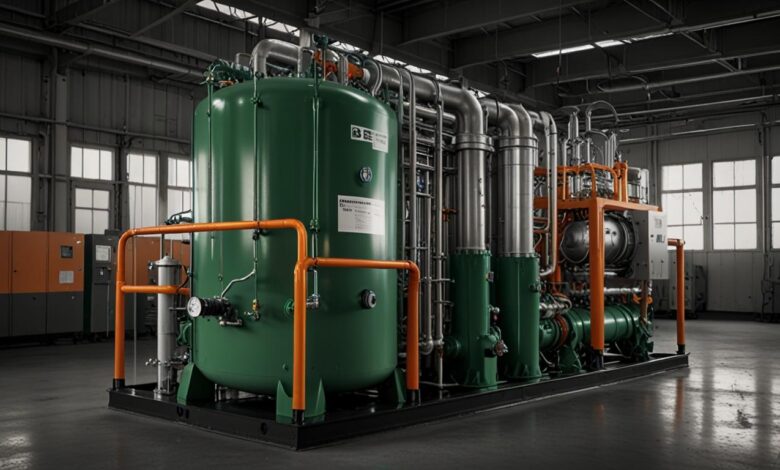World Bank Approves $1.5 Billion for India’s Low-Carbon Energy Transition

The World Bank has endorsed $1.5 billion to support India’s shift towards low-carbon energy, focusing on renewable energy and green hydrogen production to achieve climate goals and enhance market capabilities. This funding is part of the second phase of the Low-Carbon Energy Programmatic Development Policy Operation, with expected outcomes including significant reductions in emissions and the expansion of renewable energy capacity.
New Delhi, June 29, 2024 — The World Bank has approved $1.5 billion in financing to support India’s transition to low-carbon energy. This marks the second phase of funding under the Low-Carbon Energy Programmatic Development Policy Operation.
This operation aims to increase the production and use of renewable energy and green hydrogen, with the goal of enhancing market capabilities for these technologies. The plan includes stimulating climate finance, developing critical technologies like electrolyzers, and integrating renewable energy into the grid.
Expected outcomes from this initiative include the production of 450,000 metric tons of green hydrogen and 1,500 MW of electrolyzers per year starting from FY 2025-26. Additionally, it aims to reduce emissions by 50 million tons per year and expand renewable energy capacity.
This financial support aligns with India’s energy security strategies and the World Bank’s Hydrogen for Development Partnership. The initiative is a continuation of the first operation approved in June 2023, which supported reforms such as the waiver of transmission charges for renewable energy in green hydrogen projects and the establishment of a national carbon credit market.
Auguste Tano Kouame, World Bank Country Director for India, highlighted the focus on private investment in green hydrogen and renewable energy, stating that these efforts are crucial for achieving India’s net-zero targets and creating clean energy jobs.








